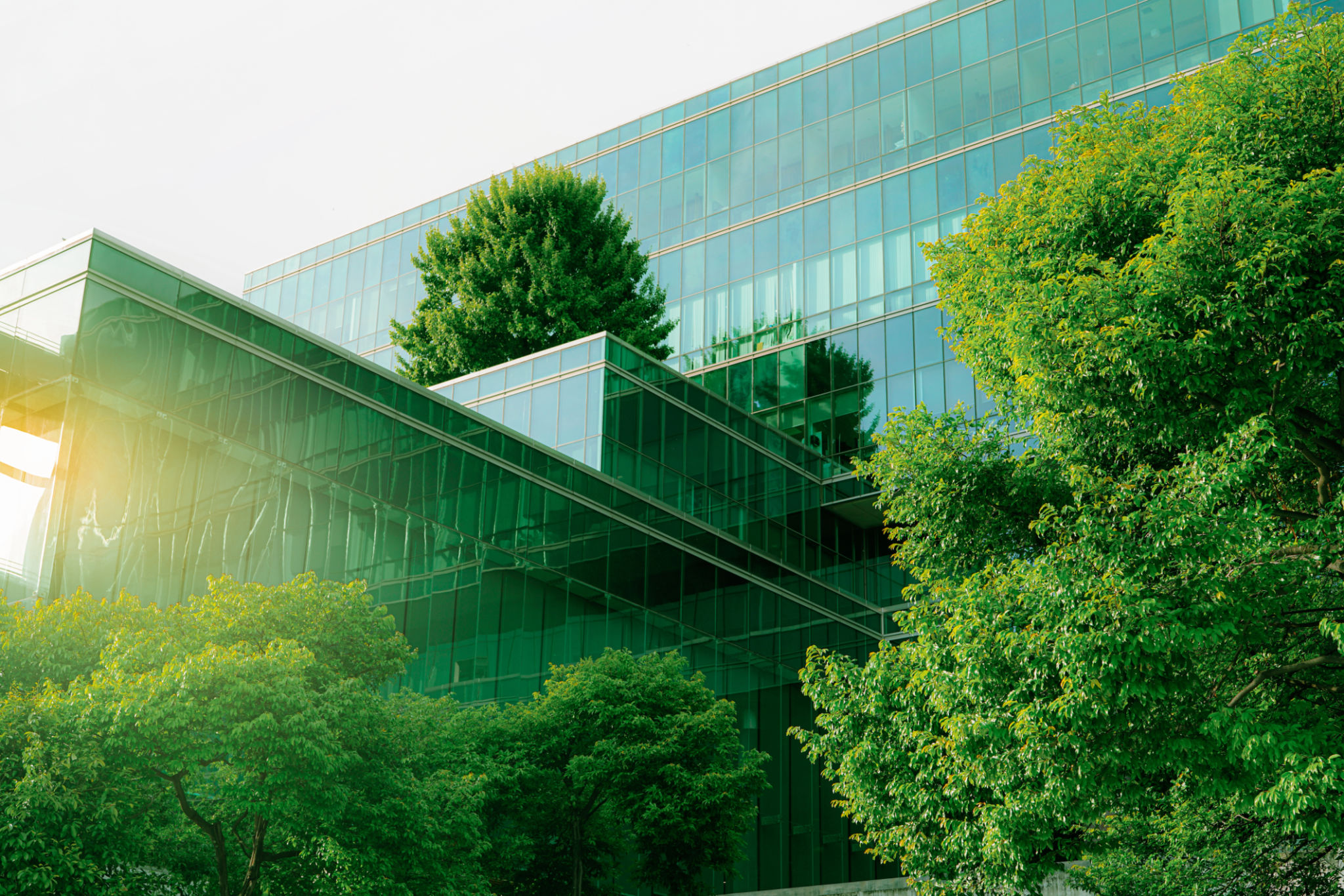Sustainable Real Estate Development: Building for the Future
EC
Understanding Sustainable Real Estate Development
Sustainable real estate development is a forward-thinking approach that integrates environmental, social, and economic considerations into construction and urban planning. As the global population continues to grow, the need for sustainable practices is more pressing than ever. This approach ensures that we meet the needs of the present without compromising the ability of future generations to meet theirs.
The real estate industry plays a significant role in the global economy, but it also has a substantial environmental impact. By adopting sustainable practices, developers can reduce their carbon footprint, conserve resources, and create healthier living environments. This not only benefits the planet but also enhances the quality of life for residents.

Key Principles of Sustainable Development
Sustainable real estate development is guided by several core principles that ensure its effectiveness. These principles include energy efficiency, resource conservation, and social responsibility.
Energy Efficiency
Implementing energy-efficient technologies is crucial in reducing the environmental impact of buildings. This includes using renewable energy sources such as solar and wind power, as well as incorporating smart grid technologies to optimize energy consumption. Energy-efficient buildings not only reduce greenhouse gas emissions but also lower utility costs for occupants.

Resource Conservation
Resource conservation involves using materials and practices that minimize waste and promote recycling. Developers are increasingly turning to sustainable building materials like bamboo, reclaimed wood, and recycled steel. Additionally, water conservation measures, such as rainwater harvesting and low-flow fixtures, are essential components of sustainable design.
Social Responsibility in Real Estate
Beyond environmental considerations, sustainable real estate development also addresses social responsibility. This involves creating inclusive communities that offer affordable housing options and accessible public spaces that enhance social interaction and community well-being.

Developers are encouraged to engage with local communities throughout the planning and construction phases. This ensures that the projects meet the needs of residents and contribute positively to the neighborhood. By promoting social equity, sustainable real estate development fosters harmonious communities and supports long-term prosperity.
The Economic Benefits of Sustainable Development
Sustainable real estate development is not only beneficial for the environment and society but also offers significant economic advantages. Properties designed with sustainability in mind often have higher market value and attract environmentally-conscious buyers and tenants.
Long-Term Investment
Investing in sustainable real estate is a long-term strategy that can lead to substantial financial returns. Energy-efficient buildings typically have lower operating costs, making them more appealing to investors. Moreover, government incentives and tax credits for sustainable practices provide additional financial benefits.

A Brighter Future
As awareness of environmental issues grows, sustainable real estate development will play an increasingly vital role in shaping our cities and communities. Embracing these practices not only paves the way for a greener future but also creates resilient, vibrant urban spaces where people can thrive. By prioritizing sustainability today, we are building a future that is economically viable, socially equitable, and environmentally sound.